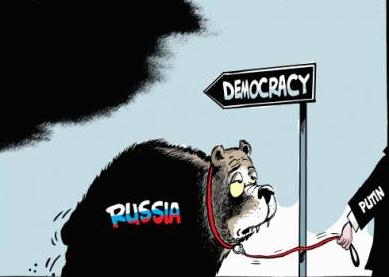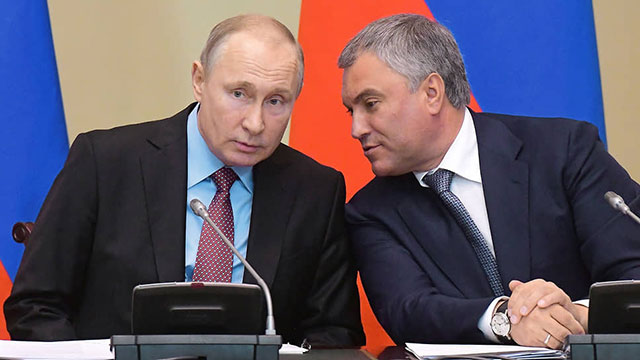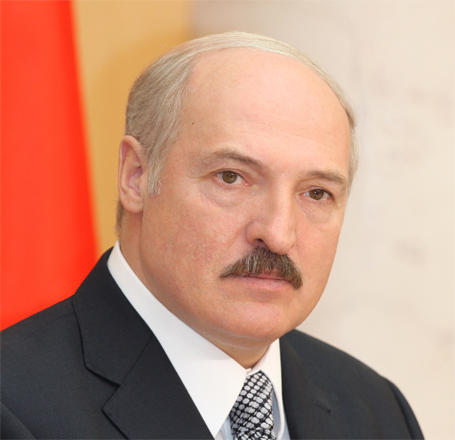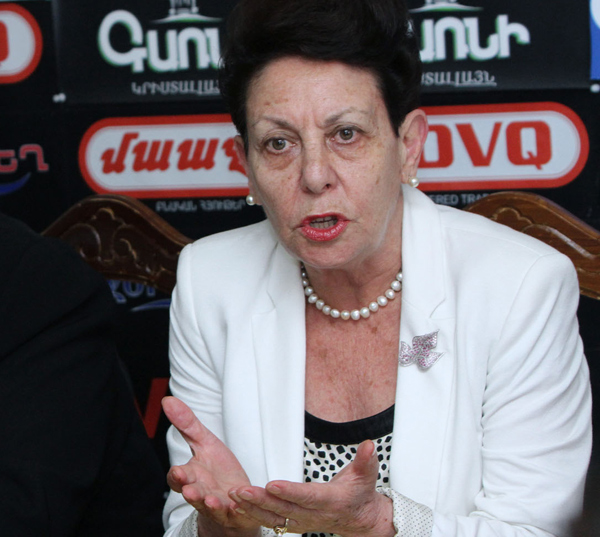Witnessing Russian officials propose to strengthen the control on civil society in Armenia has recently become a common practice. This time, a similar proposal was made by the Director of EurAsEC Institute, Vladimir Lepekhin.
No propaganda, but the tools for it?
On October 31, in an interview to Novosti-Armenia, Lepekhin said that Russia does not participate in an information war in Armenia. This interpretation is remarkable, considering that it was made in an interview to the Russian-language media. The Russian state TV channels broadcasted in Armenia are known with their crude propaganda (which did not even overlook such events in Armenia, as Electric Yerevan). In addition, Russian language newspapers and other Kremlin media are published in Yerevan.
Read also
Cultural assimilation or sameness?
The director of the EurAsEC Institute, criticizing the West’s policy, had said that it intends to undertake cultural assimilation. The question is – what assimilation are we talking about? Armenia, being a Christian country, in terms of values and culture, is undoubtedly the bearer of European culture. Armenia’s history of the past 2000 years, with the exception of the Soviet period, unfolded in the presence of close cultural ties with the West, from architectural form of the Garni temple to the activities of Mekhitarist Congregation in Venice. It is difficult to assimilate with something, when you yourself are the bearer, moreover, one of its shapers.
Moreover, if we are talking about assimilation, Russia is the only country that wants to impose its language, laws, culture on Armenia, which includes not only propaganda, but also clear political statements and pressures.
It is hard to imagine the US Ambassador or any other official, coming up with statements on making English the official language of Armenia. And although English is the number one language of international communication, Russian government representatives have repeatedly offered to make Russian an official language of Armenia. In a country where about 98 percent of the population is Armenian, such proposals clearly do not proceed from the interests of Armenia.
We’ll shut you down for not disseminating “Objective” information
Lepekhin also noted that the Russian mass media, unlike Western ones, is engaged in disseminating objective information and have no desire to engage in propaganda in Armenia. As a reminder, Russian media outlets almost do not have the right to engage in independent activity, while Russia is a leading country in terms of control over the media. For example, in 2015 the Russian government closed down the independent Russian channel TV-2 in Tomsk, and illegally. Its media license was not yet expired, and it had not violated any laws, therefore, the decision to shut it down was purely political. Other independent media in Russia faced the same fate (TVRain, RBK, Lenta.ru, to name a few).
Instead, channels promoting Russian propaganda, such as НТВ, Rossiya, RT, Channel 1 and so on, receive enormous subsidies and Kremlin’s support.
“Foreign agents” and dissidence
However, probably the most dangerous for Armenia is the following: the Russian officials have repeatedly mentioned that Armenia should follow Russia’s example and close the Western and pro-Western companies, adopting the so-called law on “foreign agents.”
As a reminder, this law was adopted in 2012 in Russia. According to it, any organization that receives foreign donations and engages in vaguely defined “political activities”, must be registered as an “organization that performs the functions of a foreign agent.”
In fact, the definition “political activity” can include everything ranging from consumer rights to examination of the unexplained cases of soldier deaths in the army. The existence of such a law would allow Armenian government to eradicate any display of dissent, as has already been done almost entirely in Russia.
Why doesn’t Russia like it?
Clearly, Kremlin does not like the public sector and the activity of non-governmental organizations in Armenia. Meanwhile, the EU and US-funded NGO-s, which Kremlin has repeatedly criticized, are actually involved in democracy building – strengthening the protection of human rights, media freedom, rule of law, the right to dissent and other such values. Values that are not only universal, but also enshrined in the constitution … But their proliferation is apparently contrary to the Kremlin’s plans.
P.S. In conclusion, the Lepekhin-led EurAsEC Institute was created in 2010, to promote the study of integrational and political processes, as well as integration to the Eurasian Economic Union. From the above – mentioned interview, however, it becomes clear that this institution does not hold a neutral and objective stance, and its task is not the integration or its study, but rather Armenia’s assimilation and subordination to Russian rules.
Anna Pambukhchyan,
Union of Informed Citizens





























































